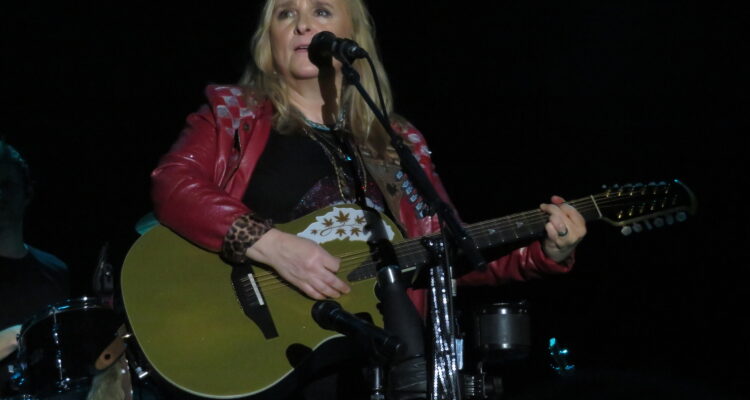Addressing the systemic challenges the female gender has faced in the music industry for decades and how her being Gay protected her, Melissa Etheridge speaks her truth.
Released on March 8 in conjunction with International Women’s Day, the iconic singer/songwriter was featured in a new foreword for Tunecore’s annual report, “Be the Change: Gender Equity in Music,”
In the concise essay, Etheridge spoke about the ways the music business boys’ club minimized the “decades of music defined by incredible women dominating the chart” adding that many women were pushed aside as “typically white, male executives… profited from our labor.”
Coming up in the 1980s concurrent with a strong collection of women such as Tracy Chapman, k.d. lang, and Sinéad O’Connor, “There was finally a bit of interest in women artists’ music and experiences,” said Etheridge who recalled that all of the A&R reps who came to see her were men.
“In music—as in life—being a woman comes with its own set of obstacles, both seen and unseen. Ranging from unequal pay and a diminished sense of autonomy to the countless cases of sexual harassment and abuse that have come to light in recent years from all corners of the industry. And, these obstacles are compounded for women of color and gender expansive individuals.”
From some of the uglier, more base expressions of male chauvinism, Etheridge acknowledged that her queerness “protected” her during this time, and because of her steady work playing lesbian bars in Los Angeles, it was well-known that she was gay when she entered the industry.
“It changed the way people responded to me,” she recalled. “I didn’t experience the same sexual harassment as straight women did in the industry. Men stood back and didn’t know how to deal with me.”
Over the last four decades, Etheridge said she’s been able to see “how far women and gender-expansive musicians have come.” “The best thing to do is not to make it an issue of us against them. People are sometimes driven by their own misunderstanding and fear, so if you become the love you want to see, we hope they will feel that and change…. We can work together to create a more equitable, accessible, and inclusive industry, where people of all backgrounds, sexualities, abilities, and gender identities are granted the same opportunities for success.”
Keep up with the latest trending music news by following us on Facebook, Twitter, and Instagram
Author: Al Denté
Photo: Andemaya


